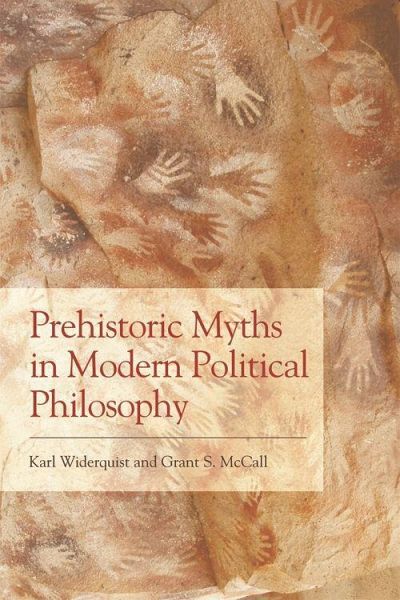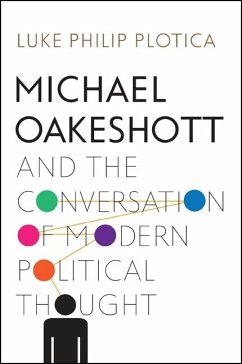
Prehistoric Myths in Modern Political Philosophy
Challenging Stone Age Stories
Versandkostenfrei!
Versandfertig in über 4 Wochen
128,99 €
inkl. MwSt.

PAYBACK Punkte
64 °P sammeln!
Uncovering the ways in which modern philosophers perpetuate prehistoric myths Why are stories about the Stone Age so common in political philosophy? The state of nature, the origin of property, the genesis of government, and the primordial nature of war and inequality are perennial favourite topics in political philosophy, but what role do these accounts play in philosophical argument? Does the best available evidence from the fields of archaeology and anthropology support or conflict with the stories being passed on by political philosophers? This book presents an anthropological critique of ...
Uncovering the ways in which modern philosophers perpetuate prehistoric myths Why are stories about the Stone Age so common in political philosophy? The state of nature, the origin of property, the genesis of government, and the primordial nature of war and inequality are perennial favourite topics in political philosophy, but what role do these accounts play in philosophical argument? Does the best available evidence from the fields of archaeology and anthropology support or conflict with the stories being passed on by political philosophers? This book presents an anthropological critique of philosophy, examining political theories to show how - despite significant equivocation - the most influential justifications of government and of private property rely on the seldom-questioned empirical premise that people in a society with a government and/or private property rights system are better off than people in societies without those institutions. It presents convincing evidence that much of what we think we know about stateless peoples comes not from scientific investigation, but from the imagination of philosophers or the prejudice of past colonialists. Karl Widerquist is an Associate Professor of political philosophy at SFS-Qatar, Georgetown University. Grant S. McCall is an Associate Professor in the Department of Anthropology at Tulane University.












